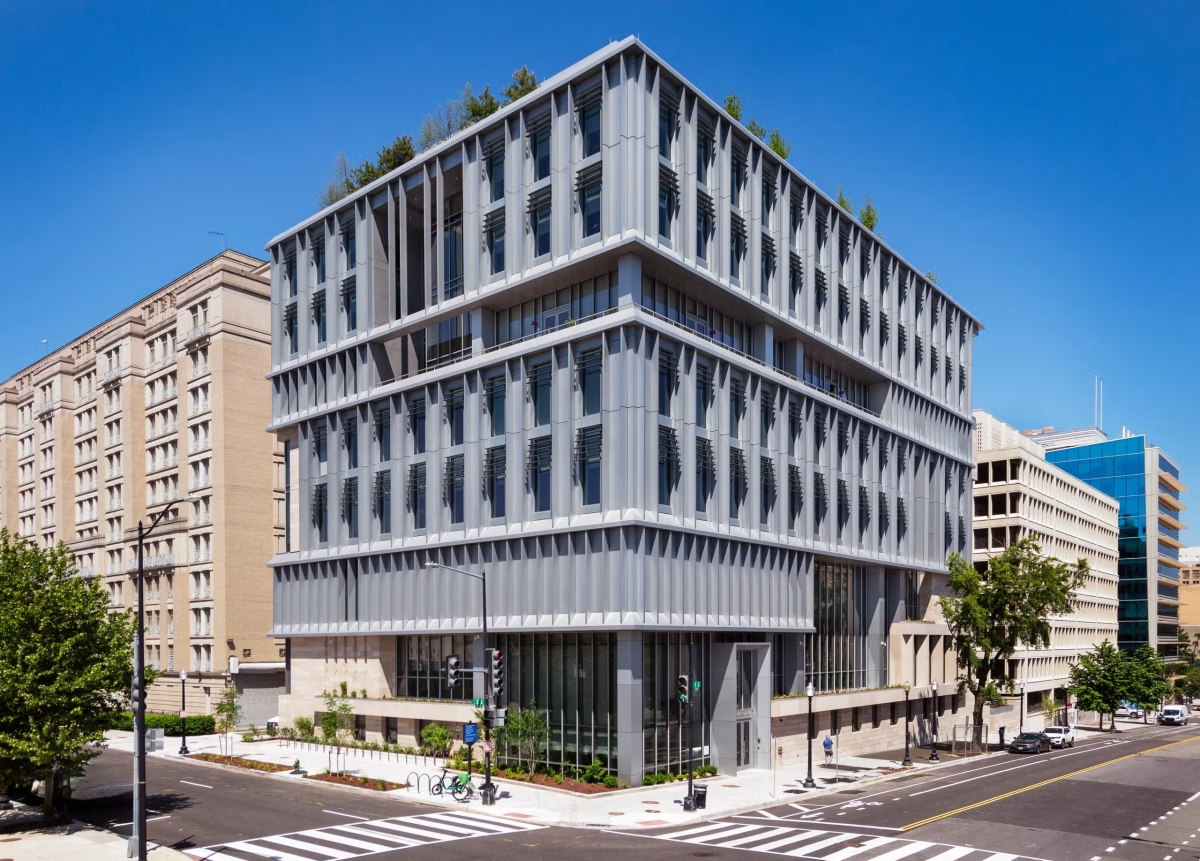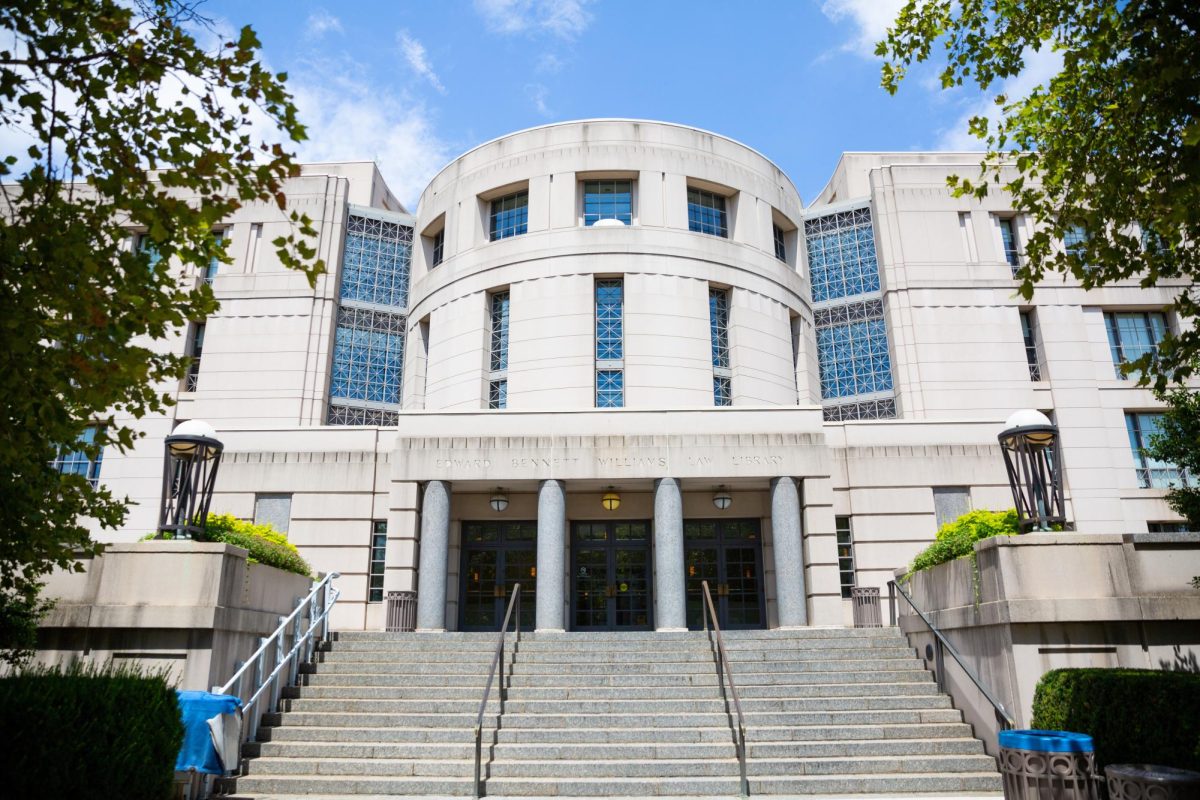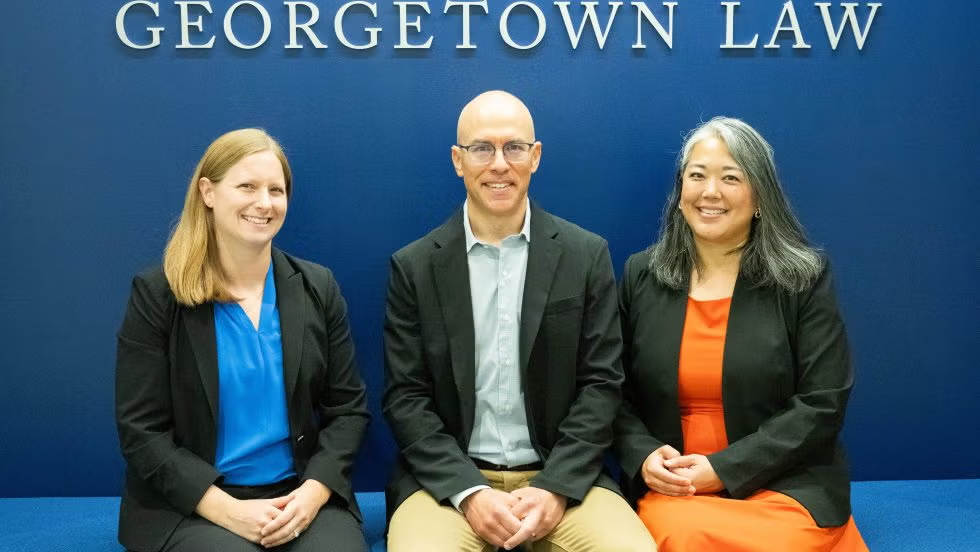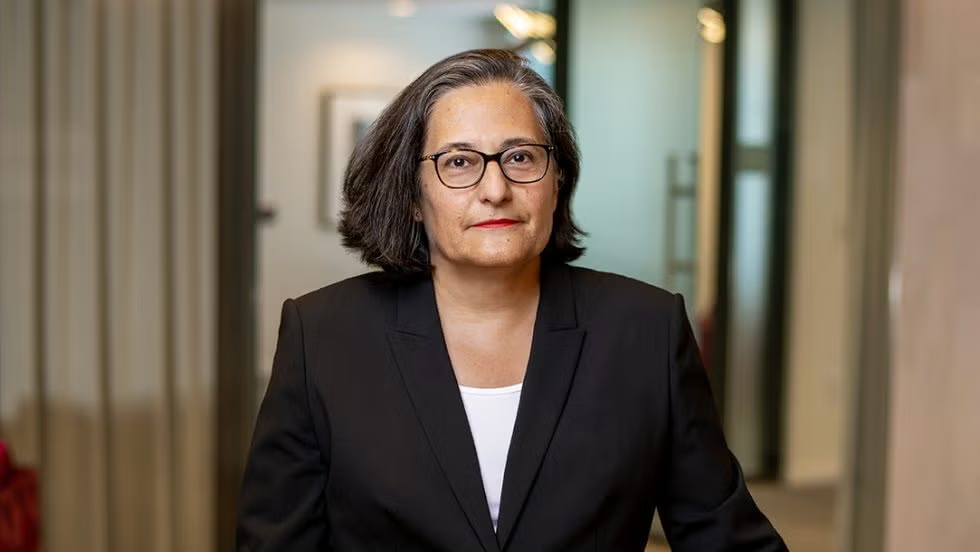The Georgetown University School of Nursing (SON) inaugurated its Nurse Executives in Residence program, which aims to teach leadership and advocacy skills to doctoral students, Jan. 22.
The program is part of the Executive Doctor of Nursing Practice (DNP) in Health Systems Leadership and Policy degree program, which offers post-masters students leadership and healthcare policy training. The Nurse Executives in Residence program will begin working with students for the 2025-26 academic year, aiming to connect students with high-level professionals for mentorship and teaching.
Dr. Stephan Davis, the director of leadership, policy and DNP education at the SON, said he hopes the program will connect students with experts in the fields they hope to work in, broadening the impact of the initiative.
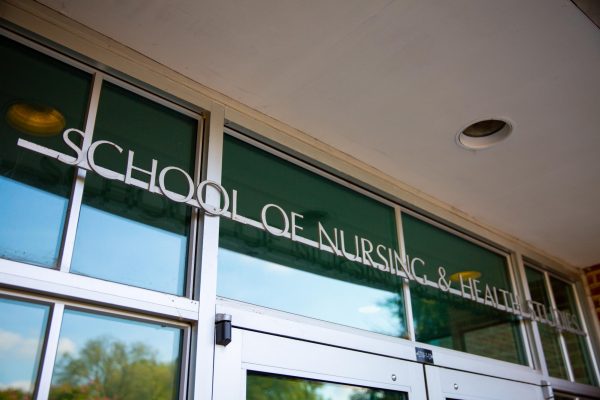
“Not many schools of nursing or DNP programs have that type of approach, and I thought it would be really unique to leverage national, DNP-prepared thought leaders — who are highly awarded and renowned leaders — to give our students access to those types of individuals,” Davis told The Hoya. “For many of our students, these leaders are doing the types of things that they would envision themselves doing someday. Some of these people are really giants in the field, so it’s nice for them to have that exposure.”
Dr. Melody Wilkinson, a SON and DNP professor, said she is excited for her students to have the opportunity to work closely with the executives.
“The Nurse Executives in Residence Program is a fantastic way to bridge the gap between industry leadership and academic development,” Wilkinson wrote to The Hoya. “By bringing in these experts, not only will our DNP students gain invaluable insights, but they’ll also have a unique opportunity for mentorship that could truly shape their careers.”
Davis said that in searching for candidates, he prioritized factors like leaders’ engagement in their community and the nursing profession.
“I wanted national leaders who were contributing to professional associations in addition to their exec roles, a variety of different areas of focus,” Davis said. “And I wanted them all to be DNP-prepared as well as holding board certification in leadership and management.”
Davis added that the program will focus on healthcare and nursing advocacy, leveraging the SON’s connections in Washington, D.C.
“One of the things that is really important for the profession and for healthcare more broadly is getting more involved with advocacy,” Davis said. “I think that our unique positioning at Georgetown — being at one of the oldest and most respected universities in the country, but also at the epicenter of policy shaping and legislative action — it was a no-brainer for them to say, ‘Yes, we better be engaged with Georgetown in some way.’”
Wilkinson said she plans to integrate the executives into her classes by hosting them for lectures and collaborating with them on projects.
“The newly developed Nurse Executives in Residence Program offers an exciting opportunity to collaborate with industry experts and professional association leaders,” Wilkinson wrote. “My goal is to engage with these leaders to create and enhance strategic opportunities for our DNP students, such as hosting guest lectures for courses on leadership, health systems and health policy, as well as providing focused mentoring for exceptional DNP students.”
Austin Brook (GRD ’26), a DNP student developing a leadership training program for community healthcare leaders as his doctoral project, said he hopes the executives will provide real-world insight to assist with his efforts.
“I hope to engage with the residents in a way that allows me to draw on their vast experience leading both individuals and teams in the healthcare sector,” Brook wrote to The Hoya. “As I define the scope of my project, I can only imagine how valuable it will be to have experienced leaders weigh in on the qualities and competencies of leaders that lead to successful change across a broad array of organizations.”
Wilkinson said the program will boost the DNP program by focusing on real-world engagement and action.
“This initiative enriches student learning and bridges the academic-practice gap,” Wilkinson wrote. “Engaging with world-class leaders in our Georgetown classrooms prepares students to drive global healthcare transformation. It embodies our Jesuit values of contemplation in action, bringing real-world experience into the classroom to shape future leaders.”


